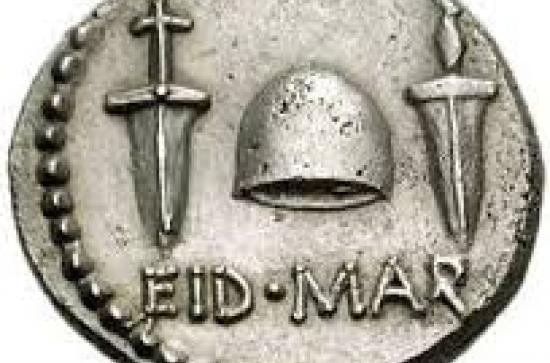
What does it mean to proclaim a “republic” rather than any other form of government? What positive characteristics belong to a republic that are distinct from the mere absence of a hereditary head of state? What are republican values? What is a republican aesthetic? And to what extent is the word “republic” different from while cognate with related terms like “democracy” or “commonwealth”. How has the definition of a republic changed over time and how does it vary cross-culturally?
1916 is not merely a nationalist commemoration but a republican one also. The signatories of the 1916 proclamation committed themselves not merely to Irish national sovereignty but to a particular tradition of sovereignty – a republican tradition. Any commemoration of 1916 therefore demands a commitment to a better understanding of what people have tried to communicate by words such as “republic” and “republican” and the extent to which these international and historical invocations can claim meaningful semantic continuity. If the promise of 1916 is to be renewed as well as recalled, then the simple question “what is a republic” needs to be re-asked with each generation. This question should be answered in as inter-disciplinary a context as possible, engaging those with a background in political science, anthropology, literature, history, music, classical studies, music, and the visual arts.
Register online via http://www.eventbrite.com/e/what-is-a-republic-tickets-25033810802
Further information is available from Dr Conrad Brunstrom, [email protected]
Keynote Speakers: Philip Pettit (Princeton University); Margaret O’ Callaghan (Queens University Belfast).
Supported by Maynooth University’s Commemoration Committee.
